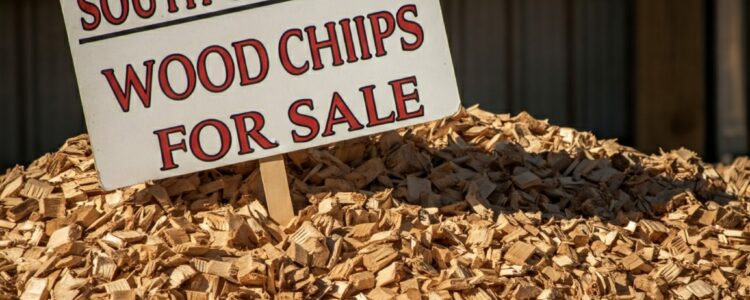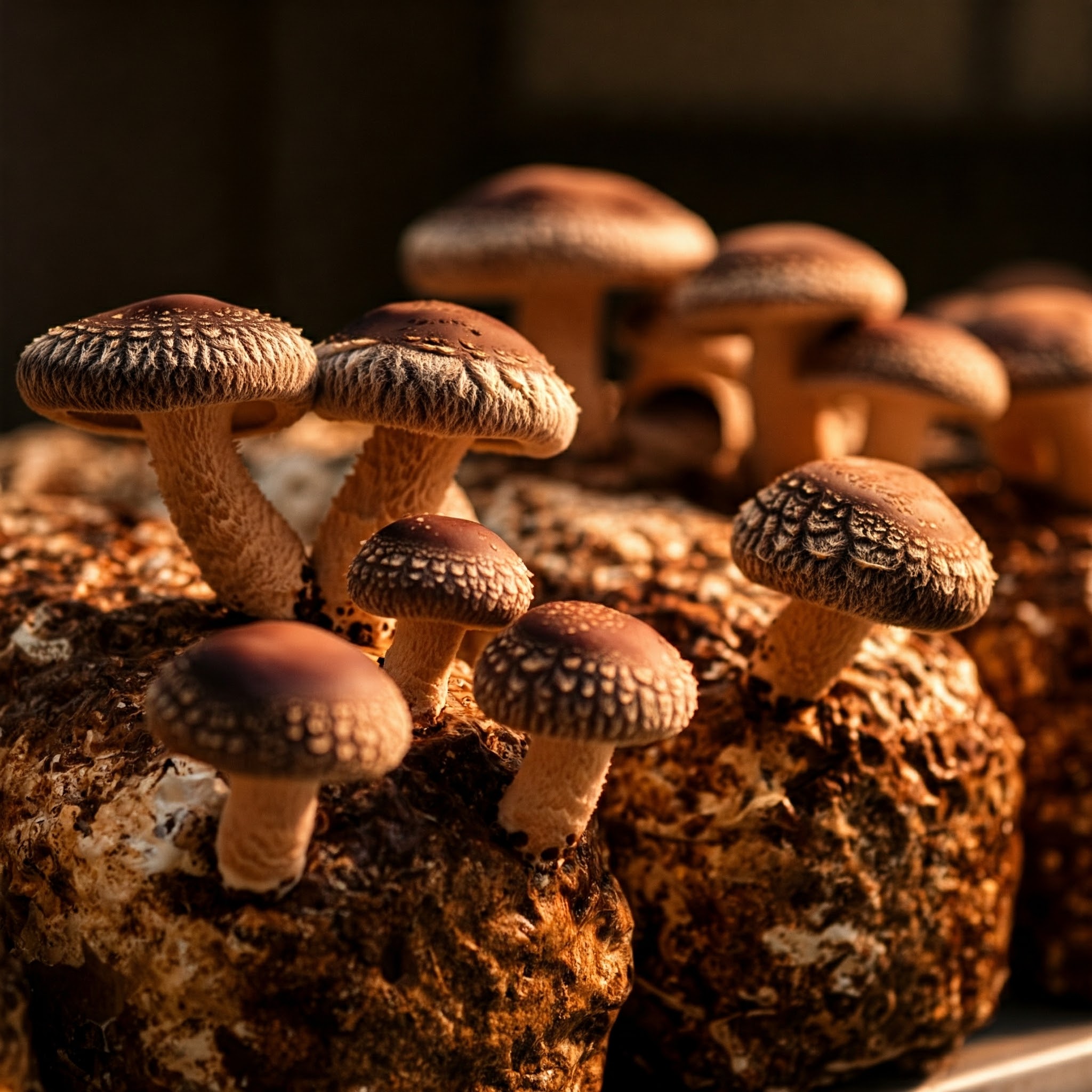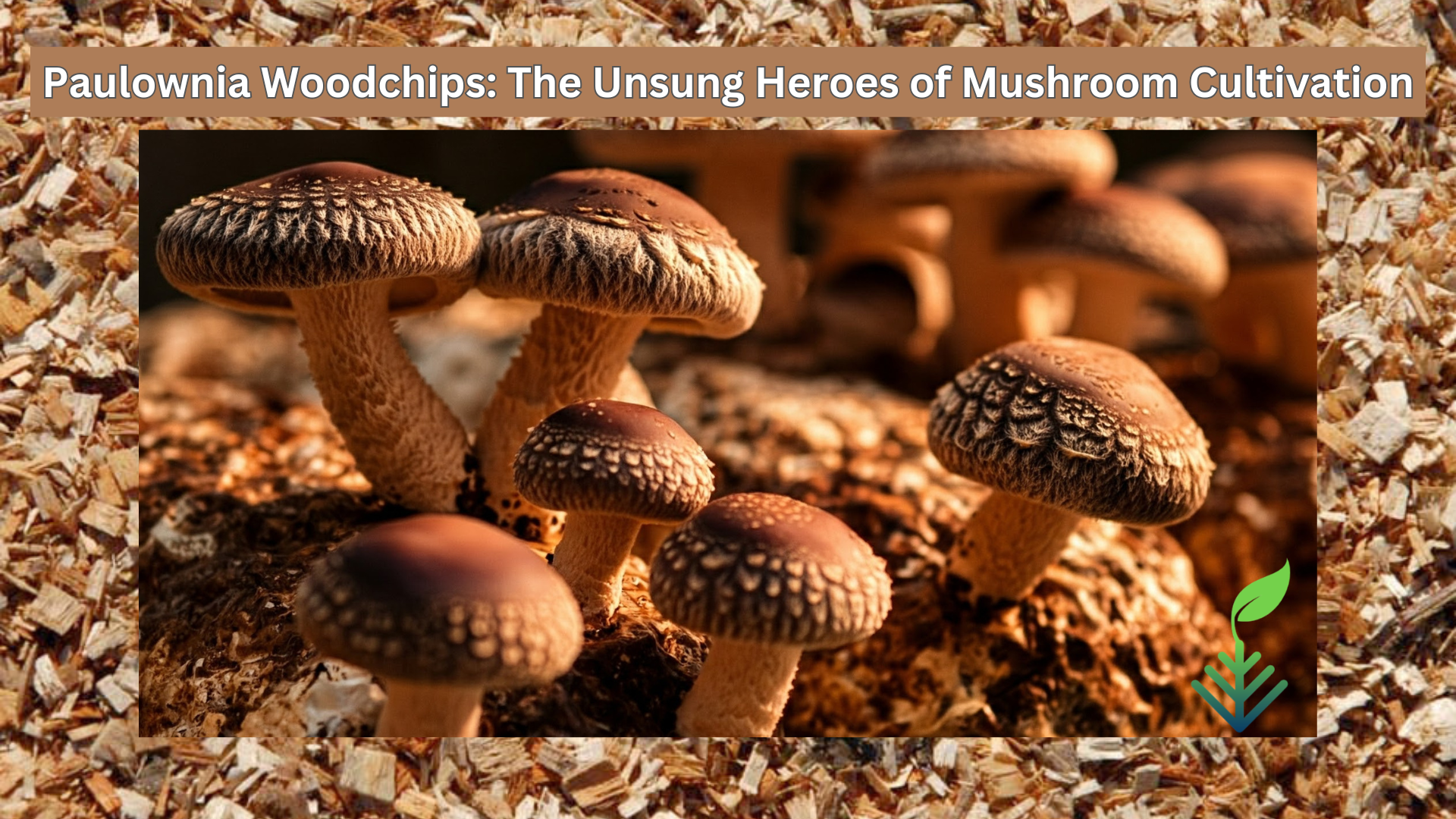Our new wood chip operation is up and running in Columbia, S.C. “Lexington County” the Southeast United States which is a major producer of wood chips. These chips are in demand across a variety of markets both domestically and internationally. We are now ready to serve the needs of key consumers of wood chips from this region to include:
Domestic Markets:
- Pulp and Paper Mills: This is one of the largest consumers of wood chips. The chips are used to produce pulp, which is then used to manufacture paper, cardboard, and other paper products.
- Sustainable Packaging: Wood chips are used in the growing field of companies turning wood waste into sustainable packaging!
- Biomass Energy Facilities: Wood chips are a renewable energy source and are used by biomass power plants to generate electricity and heat.
- Landscaping and Gardening: Wood chips are commonly used as mulch in landscaping and gardening. They help to suppress weeds, retain moisture in the soil, and regulate soil temperature.
- Composite Panel Manufacturers: Wood chips are used in the production of composite panels like particleboard and fiberboard, which are used in furniture, construction, and other applications.
- Mushroom Cultivation: Wood chips as substrate, a material that provides nutrients and support for the growing mycelium (the network of fungal threads). Paulownia Woodchips have emerged as a favorite substrate for many mushroom growers.
- Playground Surfaces: Engineered wood chips provide safe and resilient surfaces for playgrounds.
- Animal Bedding: Wood chips are used for animal bedding, especially for horses and poultry.
- Erosion Control: Wood chips can help stabilize slopes and prevent erosion.

International Markets:
- Europe: European countries, particularly those with strong renewable energy targets, import wood chips from the Southeast US for biomass energy production.
- Asia: The demand for wood chips, particularly for pulp and paper production, is growing in Asia. Countries like Japan and South Korea are major importers.
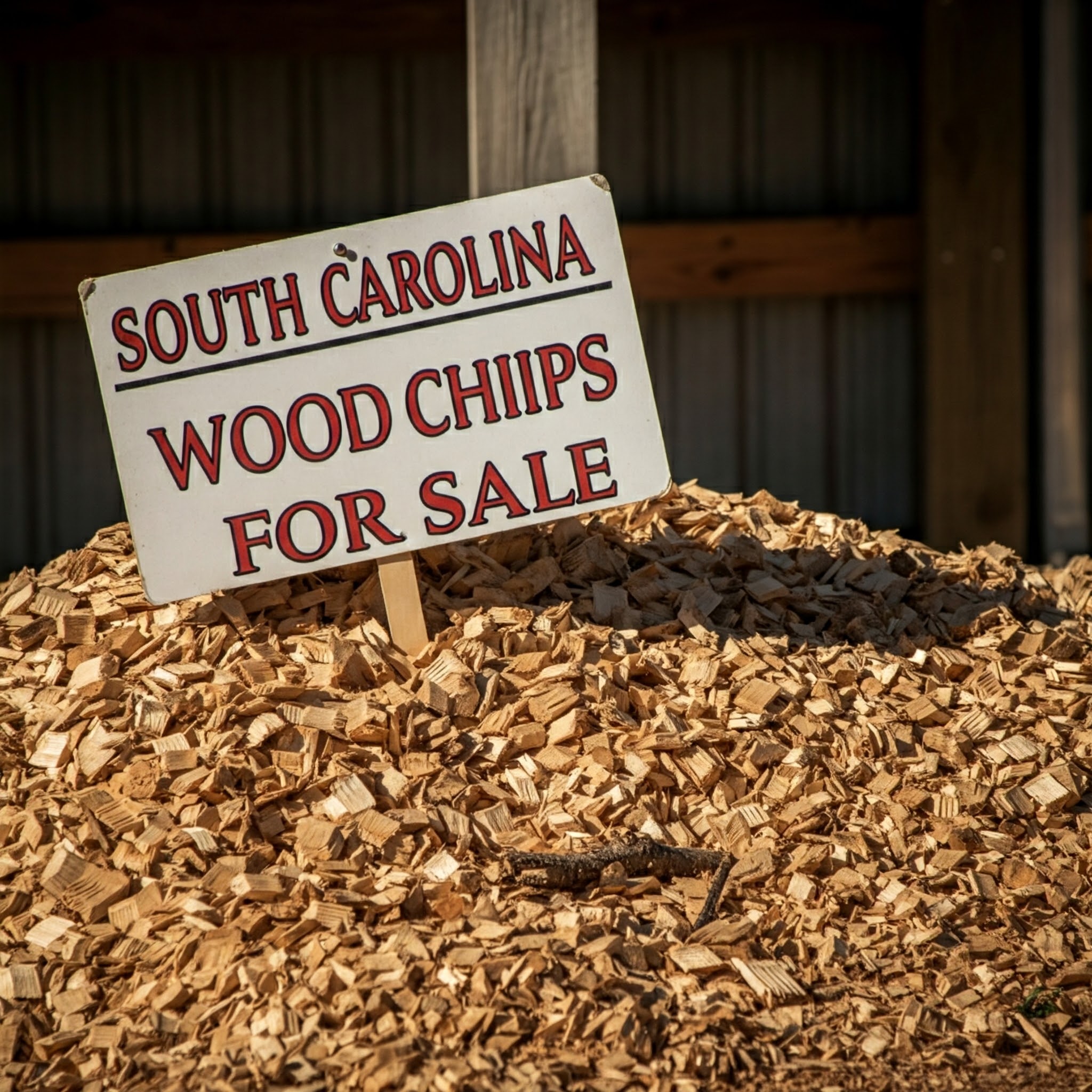
Specific Factors Driving Demand:
- Renewable Energy Goals: Many countries are setting ambitious targets for renewable energy use, which is driving demand for biomass fuels like wood chips.
- Sustainable Forestry Practices: The Southeast US has a strong tradition of sustainable forestry, which makes its wood chips an attractive option for buyers who are looking for environmentally responsible sources of wood fiber.
- Transportation Infrastructure: The Southeast US has a well-developed transportation infrastructure, including ports and rail lines, which facilitates the export of wood chips to international markets.
Our business reflects South Carolinas commitment to sustainable forestry practices which is supported by its well-developed infrastructure position our new location to continue meeting the demand for this valuable resource.
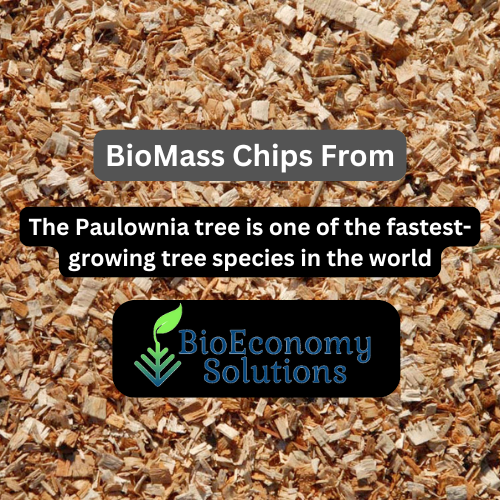
Want To Buy Paulownia Wood Chips?
Contact Us!
Where To Buy Paulownia Wood Chips? Paulownia Wood Chips For Sale – QUESTIONS?
Visit our web page. https://bioeconomysolutions.com/paulownia-lumber/
We’re happy to organize a time to speak with you about our paulownia wood chips and lumber we have for sale. Please book your preferred time to speak directly.
Here’s a link to my online calendar/schedule:
www.bioeconomysolutions.com/bookcall
BioEconomy Solutions
mail@BioEconomySolutions.com
Office: 843.305.4777
